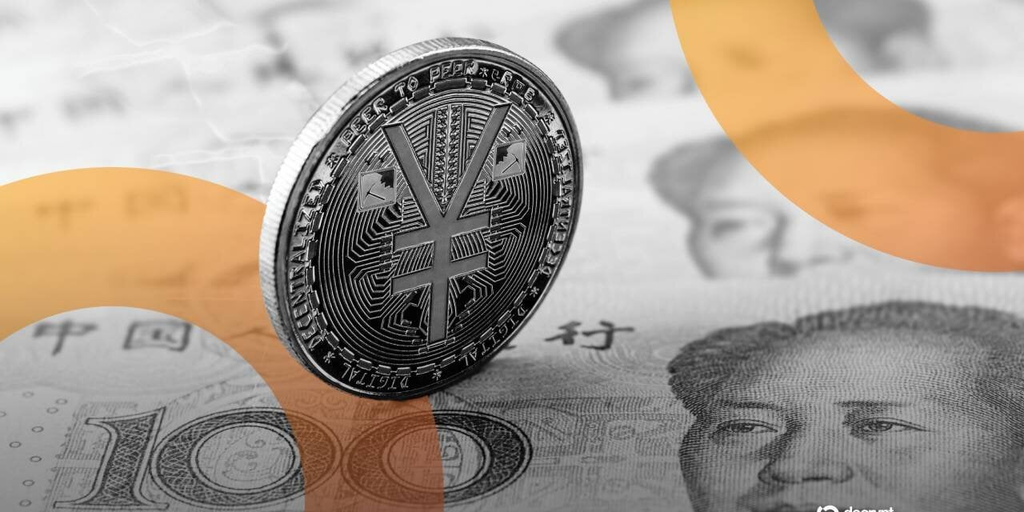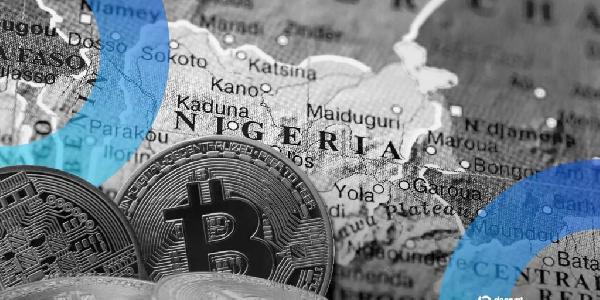Shanghai’s state asset regulator held a closed-door meeting last week to study stablecoins and blockchain infrastructure, signaling potential pilots in city-run enterprises despite China’s nationwide crypto ban.
Chaired by He Qing, Director of the Shanghai State-owned Assets Supervision and Administration Commission (SASAC), the meeting discussed how state-owned firms can use blockchain-based tech for cross-border trade, supply chain management, and asset digitization.
There is a need for "greater sensitivity to emerging technologies and enhanced research into digital currencies," Qing told attendees, per a summary posted to the regulator’s socials first cited by Reuters.
While the session was framed as a routine political study meeting, its focus on stablecoins suggests a more pointed shift in policy thinking, and comes a week after Shenzen’s public officials issued a public alert on stablecoin scams.
That shift has drawn attention from observers who see it as part of a broader recalibration in China’s digital finance playbook, one that separates speculative crypto assets from state-sanctioned monetary infrastructure.
“Stablecoins are seen as sovereign financial instruments, not investment assets,” said Sam MacPherson, CEO and co-founder of Phoenix Labs, the core developer behind Spark, an onchain capital allocator, told Decrypt.
But instead of signaling crypto liberalization, MacPherson said the move reflects a controlled experiment in state-directed monetary infrastructure. “This lets regulators test blockchain-based settlement inside tight capital-control guardrails,” he explained.
It comes as demand for stablecoin infrastructure has seen tremendous growth across Asia, MacPherson claimed, citing jurisdictions with active DeFi ecosystems such as South Korea, Singapore, and Hong Kong.
Critical demand, tiered experiments
At the 2025 Lujiazui Forum held in Shanghai last month, People‘s Bank of China governor Pan Gongsheng publicly addressed stablecoins for the first time, marking a shift in tone from the country’s central bank.
While acknowledging their potential, Pan warned that technologies like blockchain and distributed ledgers are rapidly reshaping payment systems and shortening cross-border settlement chains, creating urgent regulatory challenges.
“These innovations are accelerating the development of central bank digital currencies and stablecoins, and reshaping traditional payment and settlement systems,” Pan said in Mandarin, according to a browser-based translation of a report from Beijing-based independent outlet Caixin.
But elsewhere in cities with proximity to China‘s authority, stablecoins remain a policy frontier: closely monitored and cautiously tested.
These moves from China align “with Hong Kong‘s long-standing, forward-leaning posture on digital assets,” MacPherson said.
“Across the border, Shenzhen remains more guarded under mainland governance,” he said. But if “proofs of concept show stablecoins can advance” certain projects, other cities “may be more likely to open the door to similar adoption.”
That combination of top-down coordination and localized experimentation, MacPherson claimed, reflects China’s digital asset strategy: tight control paired with targeted innovation.
“What may look like divergence is, in practice, tiered experimentation,” he said.
Your Email









